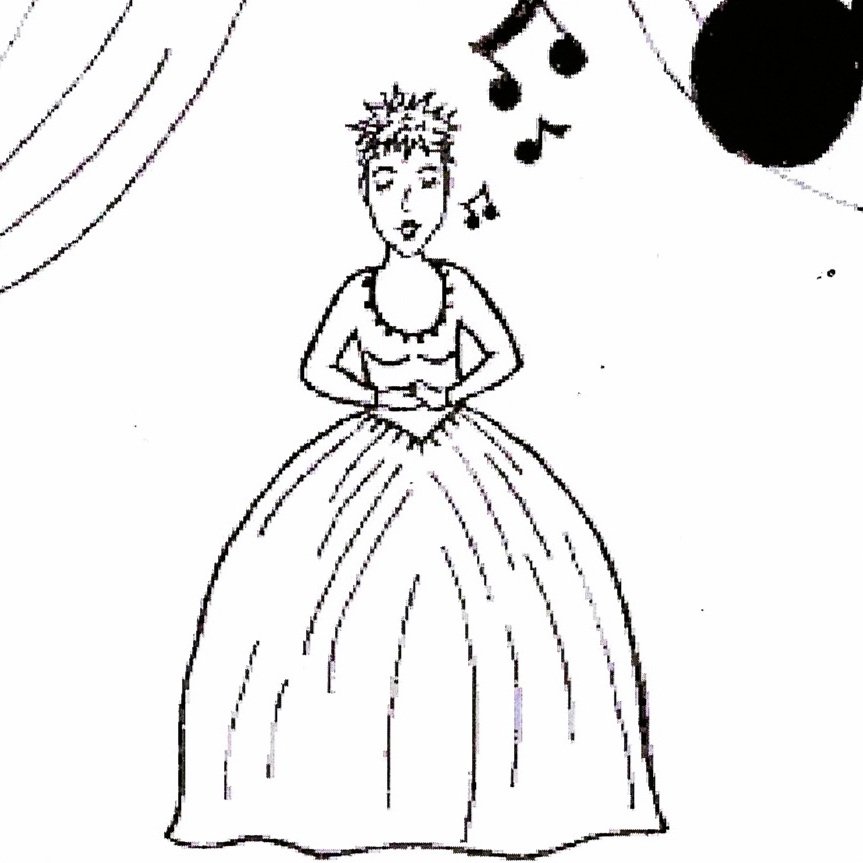B2B Writing Stuck in a Rut? Write Like an Anglo-Saxon
I love Anglo-Saxon compound words, also known as kennings.
My first encounter was with David Crowther’s excellent podcast, Anglo-Saxon England. I listened to it at night, tucked under the covers, but was too close to sleep to remember the details of David’s amazing show.
Here’s my takeaway from the show. Every third person was named Aethel-something, as the prefix indicated someone noble - if not by birth, then by battle. Æthelhard, Æthelred, Æthelwulf; Æthelburg, Æthelflæd, you get the point. Even women got in on the name game: Æthelflæd, Æthelthryth, Ealhswitha, etc.
Further confounding my sleep-soaked brain, every other intrepid female, besides the Æthel-women, was named Mathilde. It’s like good-name karma. Mathilde, aka Maud, was the daughter of King Malcolm III of Scotland and the Anglo-Saxon princess Margaret of Wessex. Married to King Henry I in 1100, Mathilde lived a long and productive life, acting as regent when her husband was away politicking or warring. And through her daughter (you guessed it) Empress Mathilde, Mathilde the mom was the ancestor of all subsequent English and British monarchs.
Anglo-saxons in fiction
I’m fascinated by random encounters with books and ideas that, in time, jump-start my imagination and feed my business and fiction writing. J.R.R. Tolkien’s trilogy, The Lord of the Rings, is one of those books.
Christopher Snyder’s book, The Making of MIddle Earth, is a wonderful resource. He digs deeper than the depths of Moria to shed light on the places and myths that informed and inspired Tolkien’s masterwork.
ou either love Tolkien or you don’t. But this high fantasy was informed by Tolkien’s love for Anglo-Saxon history and its pantheon of myths.
Date Night with the Dictionary
Recently, I stumbled across The Word Horde, written by Hana Videen. I confess. I read dictionaries when I was a chubby kid and an awkward teen. I think the diacritical marks caught my eye.
Those mysterious marks were, in my imagination, a secret code, a way to give voice to words. And, in time, reveal myself to me.
The title of Videen’s book, The Word Hoard, is Anglo-Saxon for dictionary. How cool is that? Words are herded together and then hoarded in a single place: a dictionary.
kenninGS are compound words, too
I would have known about Kennings much earlier if I had been an English major instead of a voice major. Kennings are two-word phrases most commonly created using two nouns (heaven’s-candle, whale-road) or a verb and a noun (freelancer, bean counter, pencil pusher).
These compound words work overtime. They’re a noun or a noun-verb, yet they’re descriptive like an adjective. They refer to a person, place, or thing and simultaneously embody the noun. Whether you call them kennings or Anglo-Saxon compound words, these two-word phrases convey a lived experience, giving them the energy, expressiveness, and unique ability to convey meaning. I’m hooked.
3 Examples of How I Use anglo-saxon Compound Words to Energize B2B Content
Use hyphenated phrases to replace adverbs.
Example: Use cloud-based access controls to seamlessly connect and integrate everything related to managing who can enter your property and when.
Revision: Use an access control cloud platform and get everything-in-one-place convenience, managing who can enter your property and when.
Use hyphenated phrases to energize nouns and noun phrases.
Example: Security integrators can reduce costs using a cloud-based access control platform with remote diagnostics to identify the service items and type of technician needed before each truck roll.
Revision: With cloud-based access control remote diagnostics, security integrators can reduce costs with get-it-right-the-first-time service calls. Know the service item and the type of technician needed before a truck rolls.
Use hyphenated phrases to pump up the energy in sentences.
Example: Security integrators can increase recurring monthly revenue (RMR) by selling cloud-based access control subscriptions.
Revision: There’s a shortcut to increasing recurring monthly revenue (RMR). Sell cloud-based access control subscriptions that benefit your customers and get that happy-dance-feeling as your bank account soars.
Try it out. Go write like an Anglo-Saxon and replace adverbs, the bane of business writing, with dynamic and descriptive compound words.





